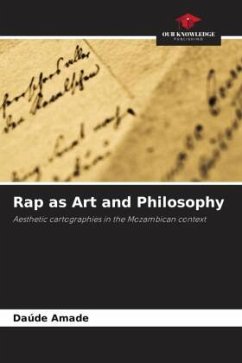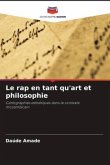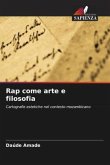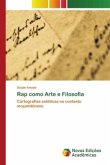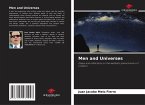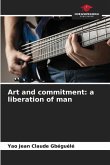Pop Art, denied the status of art, accused of being incapable of thinking deeply and following the aesthetic parameters proclaimed by the fundamentalists, who refuse the masses to think and discern the beautiful, and because rap is a product of them - the masses -, this prediction would be no different. However, by opening itself to the reception of philosophical and contextual reflections from the appropriation - samples - rap refutes and even irrevocably seduces its aestheticism and depth. This book stands as a manifesto in defense of rap as an existential ethic and aesthetic, assuming that rappers live philosophically from their convictions and explain why they take their positions against the system, and as poets - the one who creates - they subjectively build a way of existing, but fighting inside the society that inserts them, unmasking the untruths that are proclaimed there. And then, as an alternative to a world full of deviations, the rapper proposes, pedagogically, to think and thus save the souls of those who die of thirst on the edge of the well, being considered, therefore, an activist who does not act narcissistically but for the benefit of the collectivity to which he belongs.
Bitte wählen Sie Ihr Anliegen aus.
Rechnungen
Retourenschein anfordern
Bestellstatus
Storno

